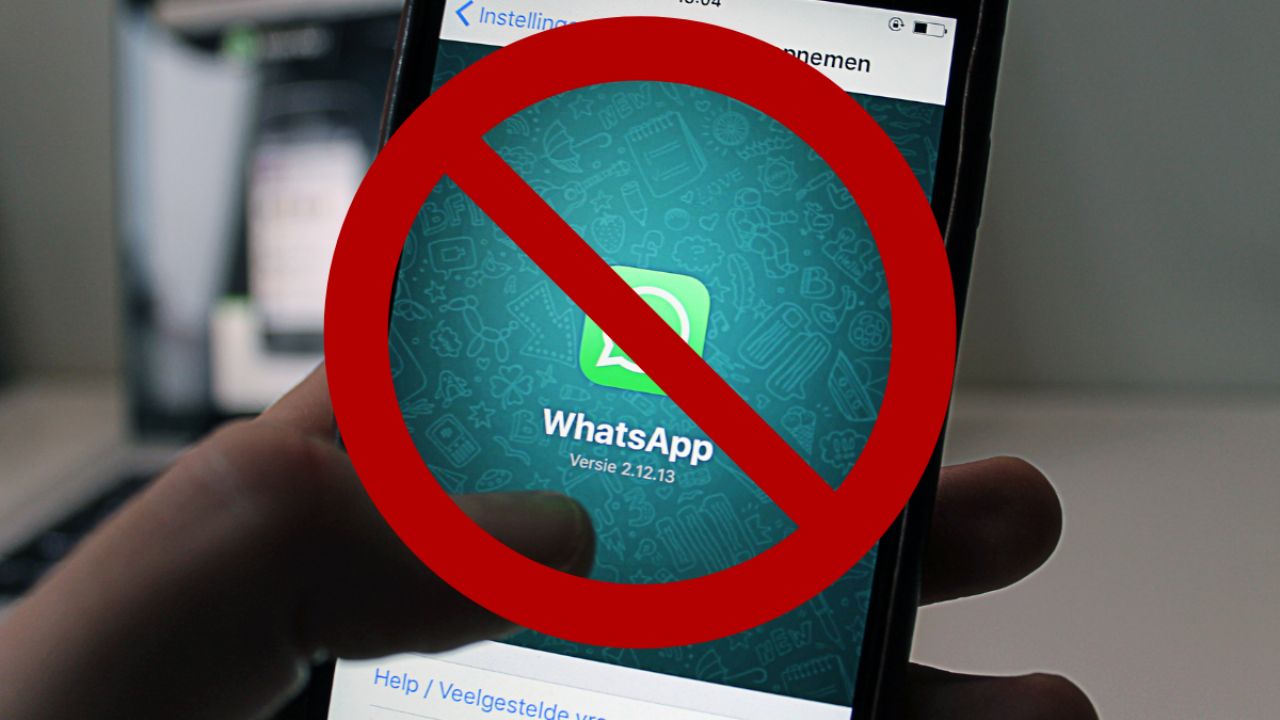A new form of scam has begun to circulate in Chile through WhatsAppcausing concern among authorities and the population. The Investigative Police (PDI) and the Social Security Institute (IPS) have issued alerts about a supposed “September Bonus”, which does not actually exist. This fraudulent scheme seeks to take advantage of people’s trust and their interest in social benefits, using the name of a false bonus that has caused confusion and left more than one person on alert.
The scam It is presented in a simple but effective way. People receive a message on WhatsApp that offers information about a “September Bonus” or a “Women’s Bonus”, supposedly aimed at people over 18 years of age, exclusively at women, and with an amount of $100,000. The message specifies the requirements to access the bonus and includes a link that supposedly redirects to the official page to request it. However, this link has the sole purpose of stealing personal information, as the PDI has warned.
This type of fraud is not new, but the use of WhatsApp The effectiveness of these scams has increased as a means of mass dissemination. Criminals take advantage of the speed with which information circulates on social networks and the trust that users place in messages that appear legitimate. Authorities stress that scammers use official names and terms to make the deception more credible, so it is essential to be wary of this type of communication.

To avoid falling into this scamit is best to ignore any message offering bonuses or benefits that you have not requested. Never click on links you receive through text messages or social networks, especially if they come from unknown or unofficial numbers. If you have doubts about the existence of a bonus, always consult the official websites of the Government or the corresponding institutions, such as ChileAtiende or the IPS. These entities will never send direct links to access benefits through WhatsApp or social networks.
Another key aspect to avoid the scam is the protection of your devices. By clicking on fraudulent links, you could not only be giving away your personal information, but also exposing your phone or computer to viruses and malware. Therefore, make sure you have an updated antivirus and avoid downloading suspicious files or applications that could compromise the security of your information.


















